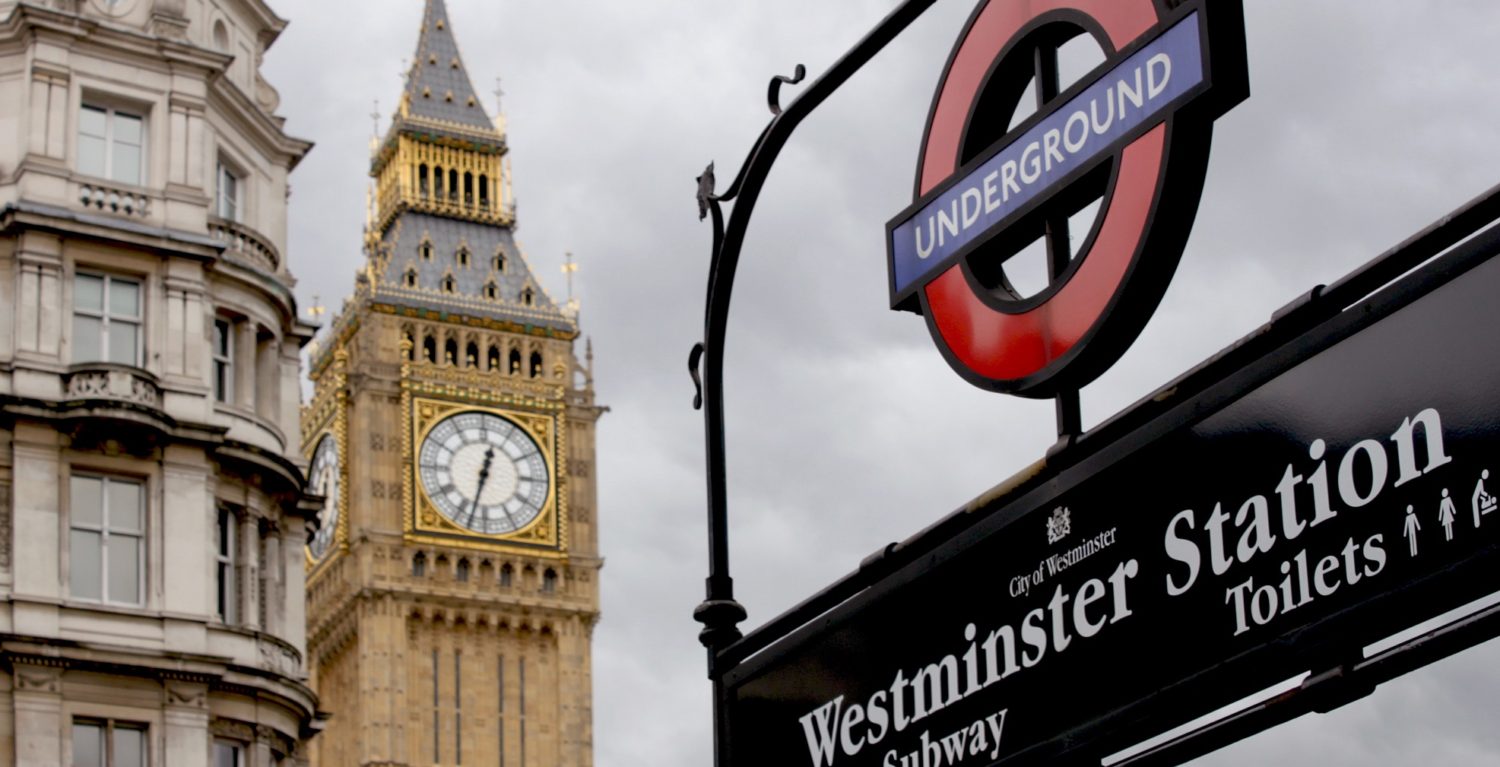Democracy for all
In this most undemocratic of Democracy Weeks, let us recognise that the institutions voters see – distant, unaccountable and crumbling – were designed for another age, writes Nancy Platts.
The government have some gall. This week is National Democracy Week – launched with the noble principle that: “Regardless of who we are or where we are from, we must work together to ensure that every member of society has an equal chance to participate in our democracy.”
We are so far from that goal. It is time for a serious Labour vision to get us there.
It’s a perfect reflection of the government’s approach to democracy that among the suggested events for this week, one idea is to invite an unelected Lord to an ‘EqualiTea’ party – presumably to discuss how everyone has an equal chance of being a Lord.
Similarly telling is the fact that the results are announced for a hereditary peer ‘by-election’. When a hereditary peer dies or retires, custom dictates that a ‘by-election’ is held. These aren’t infrequent – there have been 32 in total, since this bizarre farce began.
The average number of people entitled to vote for a replacement Lord for most of these by-elections is just 32. The average turnout for ‘normal’ by-elections of this kind is just 29 voters. The voters are those who sit within the hereditary ‘group’ for which there is a vacancy.
That means 29 aristocrats pick another of their number to join the Lords for life – and vote on all our laws. Thankfully, Labour’s Lord Grocott is currently passing a bill which seeks to end this farce, and it may win government support. A Labour government must go further however – because the democratic crisis goes beyond hereditary peers.
Earlier this month, the Electoral Reform Society revealed that the House of Lords is totally failing to reflect the UK. The announcement came ahead of MPs discussing the 170,000-strong e-petition to scrap the Lords.
Of the 564 peers whose place of residence is known (they’re not obliged to tell us), 54 per cent live in either Greater London, the South East or the East of England.
Yet the East Midlands, West Midlands and North West are all highly under-represented – with just 5 per cent of peers listed claiming they live in the North West, compared to 11 per cent of the public.
Meanwhile, new data on the backgrounds shows that just one peer’s main background is manual/skilled work – half the number who worked as royal family staff. The combined backgrounds of most peers is a long way from being representative of society. That is no basis for good legislation.
This problem is only compounded by the fact that last year’s general election showed that yet again, Westminster’s first past the post system is failing.
In the 2017 election, one in five people felt forced to ‘hold their nose’ and vote tactically, meaning that instead of voting for who they wanted to win, they voted to beat the party they definitely didn’t want to win. Meanwhile, parties felt forced to ‘game’ the system – forming progressive alliances between Labour and the Greens on the left and regressive alliances between the Tories and UKIP on the right. This had the effect of removing choice from voters on the ballot paper. And 68 per cent of votes had no impact on the result – going to unsuccessful candidates or being surplus to requirements.
In other words – Labour’s votes piled up in the heartlands, winning no extra representation for the party. That is not a just or equal voting system.
It is welcome that our party is looking at the issue of democracy – from the internal democracy review to Jeremy Corbyn’s pledge that any new peers must back real Lords reform. Jon Trickett, Labour’s shadow cabinet office minister, has also made promising calls for a democratic overhaul, including looking at a federal model for the UK. A Labour party constitutional review must include the need for fair votes.
The need for a democratic overhaul is urgent. According to the Hansard Society’s Audit of Political Engagement, trust in politics is worryingly low (and fell last year) – despite engagement going up. That’s a recipe for a dark politics indeed: not a positive shift towards power for the many.
From the Commons’ creaking voting system, to a revising chamber stuck in the dark ages, a Labour government must make reforming Westminster’s hyper-centralised system a priority. That would be the most positive antidote to right-wing populism: showing that a Labour government is not afraid to devolve power.
This week sees the launch of the all-party parliamentary group for proportional representation. And at the same time, a call for Jeremy Corbyn to make adopting a fairly-elected Senate of the Regions a priority under the next Labour government.
It would be a bold and inspiring statement to reward voters not with a top-down politics, but a new settlement. A democratic charter for the 21st century.
In this most undemocratic of Democracy Weeks, let us recognise that the institutions voters see – distant, unaccountable and crumbling – were designed for another age. Let’s move towards a democracy where everyone’s voice is heard. And let Labour be the party to begin that journey.

